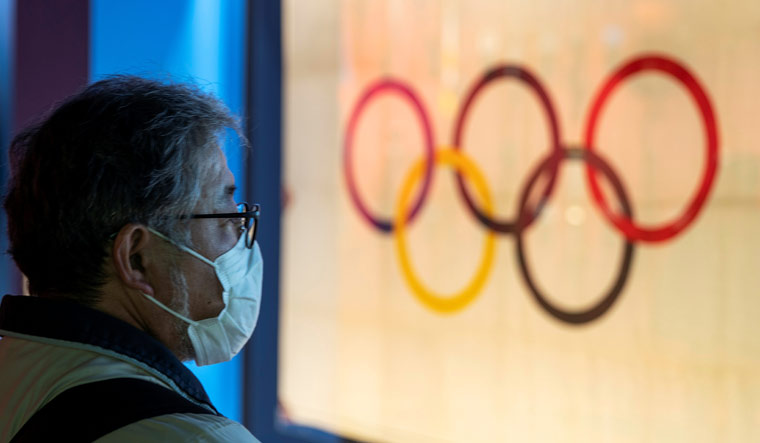With Japan having recently imposed a state of emergency in the Tokyo region amid a surge in the number of COVID-19 cases reported from the city, senior International Olympic Committee member Dick Pound has expressed uncertainty about holding the once-postponed Games in July this year.
"I can't be certain because the ongoing elephant in the room would be the surges in the virus,” Pound told the BBC.
The rescheduled Games, originally planned for last year but now to be held between July 23 and August 8, represent a last-ditch effort by Japan to host the iconic sporting event, as it grapples with the prospect of tourism-losses and sunk investments in preparation for the Games, all upended by the COVID-19 pandemic.
The country has been strengthening its COVID-19 controls, with all arrivals in Japan from Saturday required to submit a negative COVID-19 test. This measure will be effective until the state of emergency, Japan’s second since the pandemic began, is lifted.
Grappling with a continuous rise in the number of daily cases since November, Japan at the end of 2020 removed special entry conditions for athletes and team staff from countries where the new potentially more-infectious strain of coronavirus had been found, Kyodo News reported. This policy would be in place until the end of January, and could affect athletes and staff planning to attend competitions and training camps in preparation for the Olympics and Paralympics.
The IOC, however, had earlier said it has “full confidence” in the steps being taken by the Tokyo Olympic organizers and remains committed to the games going ahead as scheduled. “The IOC has full confidence in the Japanese authorities and the measures they are taking,” it said in a statement released to Kyodo News.
“Together with our Japanese partners, we continue to be fully concentrated and committed to the safe and successful delivery of the Olympic and Paralympic Games Tokyo 2020 this summer.”
IOC chief Thomas Bach had earlier said that it would not be mandatory for Olympic athletes to get vaccinated before arrival.
But there is no room to postpone the Olympics again, according to the IOC, which said that the Olympics would have to be cancelled if they cannot be held in Japan this time.
In March last year, a report by SMBC Nikko Securities estimated that cancelling the Tokyo 2020 Olympics altogether would cost Japan’s GDP a 0.9 per cent fall. The events were expected to generate demand through spectator consumption and events of $6.4 billion. Over time, the cost of holding the Olympics in Japan has also increased, up from $12.6 billion to $15.4 billion.




